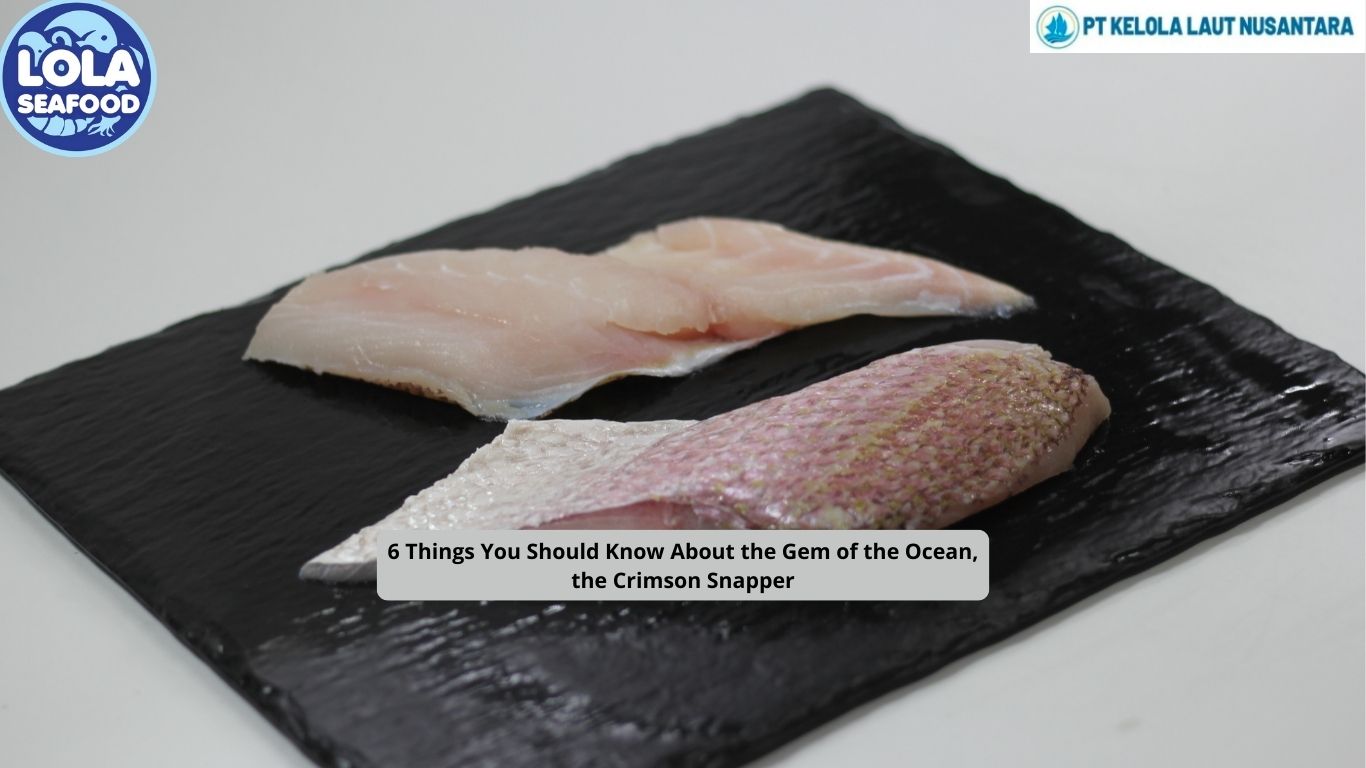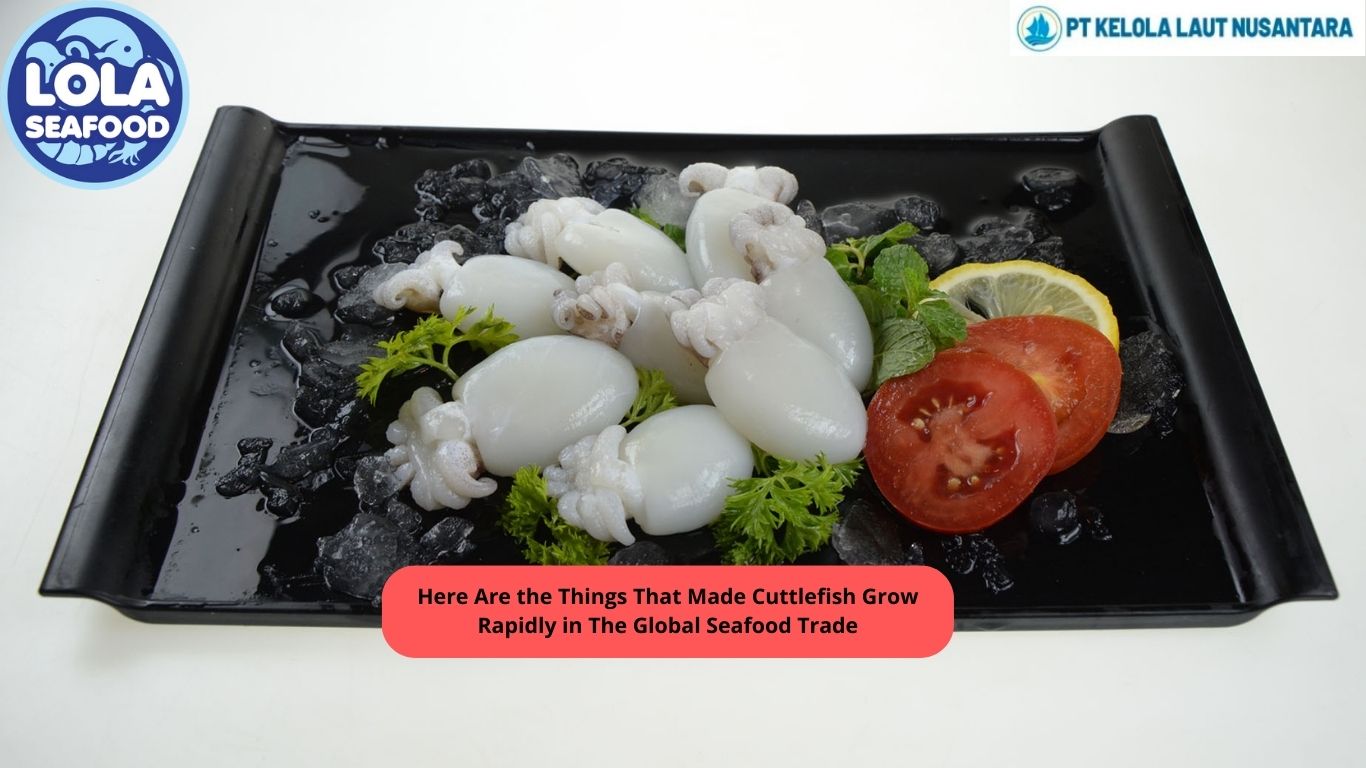What You Need to Know About Pescatarianism
By. Nevanda - 20 Sep 2023
kelolalaut.com - Pescatarianism, like many dietary choices, has its fair share of myths and misconceptions. Let's debunk some common pescatarianism myths:
1. Pescatarians Only Eat Fish
One of the most prevalent myths is that pescatarians exclusively consume fish. In reality, pescatarians eat a wide variety of plant-based foods, including fruits, vegetables, grains, legumes, nuts, and seeds. Seafood is a significant part of their diet, but it's not the sole focus.
2. Pescatarians Are Vegetarians
While pescatarians share some similarities with vegetarians, such as avoiding red meat and poultry, they are not the same. Vegetarians exclude all forms of animal flesh, including fish and seafood, from their diet. Pescatarians, on the other hand, incorporate fish and seafood into their meals.
3. Pescatarians Are Always Healthy
Just because someone follows a pescatarian diet doesn't automatically mean they have a healthy diet. Like any eating pattern, the healthiness of a pescatarian diet depends on the food choices made. A diet heavy in fried seafood and processed foods is not necessarily healthy.
Read also: Here are 4 Best Way to Preserve Anchovies
4. Pescatarians Consume Fish Without Concern for Sustainability
Some people assume that pescatarians don't consider the environmental impact of their diet. In reality, many pescatarians are conscientious about choosing sustainably sourced seafood and supporting responsible fishing practices.
5. Pescatarians Lack Protein
There's a misconception that pescatarians don't get enough protein since they don't eat land-based meats. In truth, seafood is a rich source of protein, and pescatarians can also get protein from plant-based sources like beans, lentils, tofu, and nuts.
6. Pescatarians Must Eat Fish Daily
While seafood is a staple in a pescatarian diet, there's no requirement to eat fish every day. Pescatarians can adjust their seafood consumption based on their preferences, nutritional needs, and ethical considerations.
7. Pescatarians Can't Get Enough Omega-3s from Plant-Based Sources
While fatty fish like salmon are known for their omega-3 fatty acids, pescatarians can also obtain these essential fats from plant-based sources like flaxseeds, chia seeds, walnuts, and hemp seeds.
Read also: Uncovering the Truth about the Myth of High Cholesterol in Seafood
8. Pescatarians Don't Need to Worry About Mercury
While fish is a nutritious source of protein and omega-3s, some fish species can contain high levels of mercury, which can be harmful, especially for pregnant women and young children. Pescatarians should be selective in their fish choices to minimize mercury exposure.
9. Pescatarians Must Eat Seafood for Every Meal
There's no requirement for pescatarians to eat seafood at every meal. They have the flexibility to enjoy a wide range of plant-based dishes and incorporate seafood as they see fit.
10. Pescatarians Are Automatically Ethical Eaters
While some pescatarians may choose this diet for ethical reasons, such as concerns about factory farming and animal welfare, others may focus more on health or environmental aspects. The motivations behind choosing a pescatarian diet can vary widely among individuals.
In conclusion, it's essential to dispel these myths and understand that pescatarianism is a flexible and diverse dietary choice. People choose it for various reasons, and like any diet, the quality of food choices and mindful decision-making play a significant role in its success and benefits.
Read also: Fresh vs. Canned Fish: Unpacking the Nutritional Differences

.jpg)
 (1).png)
.jpg)
.jpg)
.jpg)
.jpg)
 (1).png)
